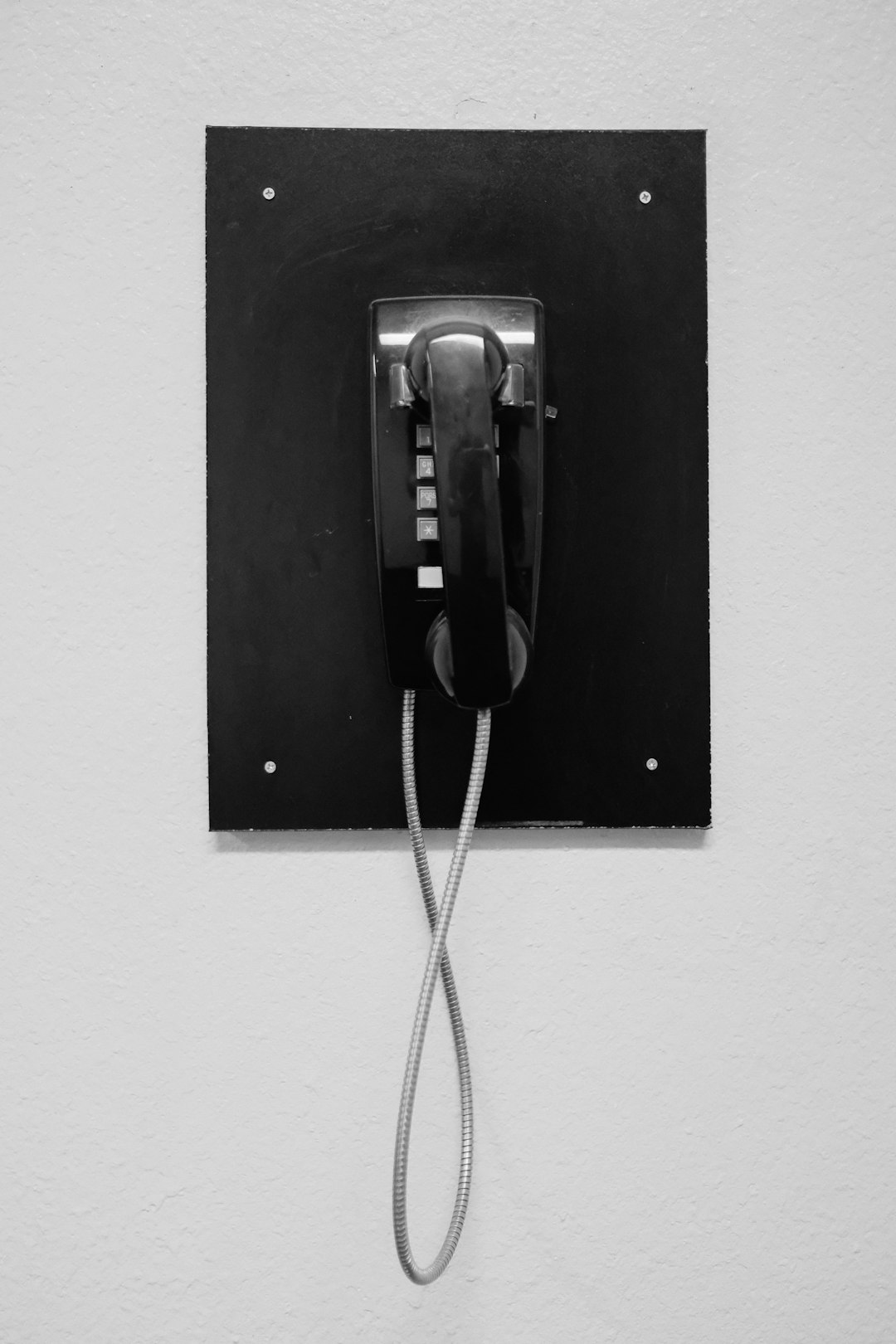In Philadelphia, staying alert against spam text scams is vital for security. Recognize tactics like phishing and urgent language. Verify sender identities, avoid sharing personal data, block numbers, use filtering apps, and report spam to combat scammers effectively. Remember: caution, verification, blocking, reporting = protection from Spam Text Philadelphia.
Staying safe from spam text scams is essential for everyone in Philadelphia. With ever-evolving tactics, it’s crucial to understand common tricks used by scammers targeting local residents. This guide equips you with knowledge on recognizing suspicious messages and calls, safeguarding personal information, blocking spam effectively, and reporting these nuisances. By following these tips, you can navigate the digital landscape of Philadelphia with enhanced security against spam text scams.
Understanding Common Spam Text Scams in Philadelphia

In the age of digital communication, Philadelphia residents, like many others across the country, are increasingly targeted by spam text scams. These fraudulent messages often pose as legitimate business texts or even appear to be from friends and family members in an attempt to trick recipients into providing personal information or money. Common tactics include phishing for login credentials, encouraging users to download malicious software disguised as a useful app, or urging immediate payment to avoid consequences.
Understanding these common schemes is the first step in defense against spam text scams. Residents should be wary of unsolicited texts asking for sensitive information or promoting deals that seem too good to be true. It’s crucial to verify the sender’s identity by contacting the organization or individual directly through official channels, and never replying to or clicking on links within suspicious messages. By remaining vigilant and practicing safe digital habits, Philadelphians can protect themselves from these insidious spam text scams.
Recognize Suspicious Messages and Calls

In the bustling city of Philadelphia, staying vigilant against spam text scams is essential for your safety and peace of mind. Recognizing suspicious messages and calls is the first line of defense. Be wary of unknown senders or those claiming to be from reputable organizations but asking for personal information, such as bank details or login credentials. Scammers often use urgent language or threaten consequences if you don’t respond immediately.
Watch out for spelling mistakes, generic greetings, or poorly crafted messages, which are common hallmarks of spam texts. If a call seems suspicious, don’t provide any information and end the call. It’s always better to verify the authenticity of a message or caller through official channels directly, especially when dealing with sensitive matters. Stay informed about current scams in Philadelphia by checking local consumer protection resources.
Protect Your Personal Information

Protecting your personal information is a vital step in avoiding spam text scams in Philadelphia. Be cautious about sharing sensitive data such as your full name, address, phone number, or financial details with unknown sources. Scammers often use deceptive tactics to trick you into revealing this information through fake contests, prizes, or even pretending to be from reputable companies. Always verify the legitimacy of a request before providing any personal details.
When it comes to spam text messages in Philadelphia, ignoring and deleting suspicious texts is the best initial response. Don’t engage or reply, as this might encourage the scammers. Instead, block the sender immediately through your phone settings to prevent further unwanted communication. Regularly reviewing and updating privacy settings on your devices and accounts can also help limit access to your personal information and reduce the risk of falling victim to spam text scams.
How to Block Spam Text Effectively

To effectively block spam text in Philadelphia, start by identifying the source. Most modern phones have built-in tools to help. Go to your phone’s settings and locate the “Blocked Numbers” or “Spam Protection” section. Here, you can manually add numbers that are sending unwanted messages. If a particular number keeps appearing, blocking it is a good first step.
Additionally, consider using third-party apps designed to filter spam texts. These apps learn from your interactions and automatically block known scammers. Many offer features like call and text filtering, allowing you to set preferences for who can reach you. By combining these methods, you can significantly reduce the amount of spam text Philadelphia residents receive and enjoy a safer digital experience.
Reporting Spam: Tools and Resources Available

In the fight against spam text scams in Philadelphia, reporting is a powerful tool. Many phone service providers offer built-in features to block and report spam messages directly from your device. Utilize these tools to automatically filter out unwanted texts and prevent them from reaching your contacts. Additionally, the Federal Trade Commission (FTC) provides resources and guidelines on how to identify and report spam. Their website offers a dedicated section for consumers to file complaints about suspicious texts, which helps law enforcement track and shut down scam operations.
Remember, reporting spam not only protects yourself but also contributes to a safer digital environment for everyone in Philadelphia. By taking a few simple steps, you can help reduce the number of fraudulent messages circulating and make it harder for scammers to target unsuspecting individuals.






